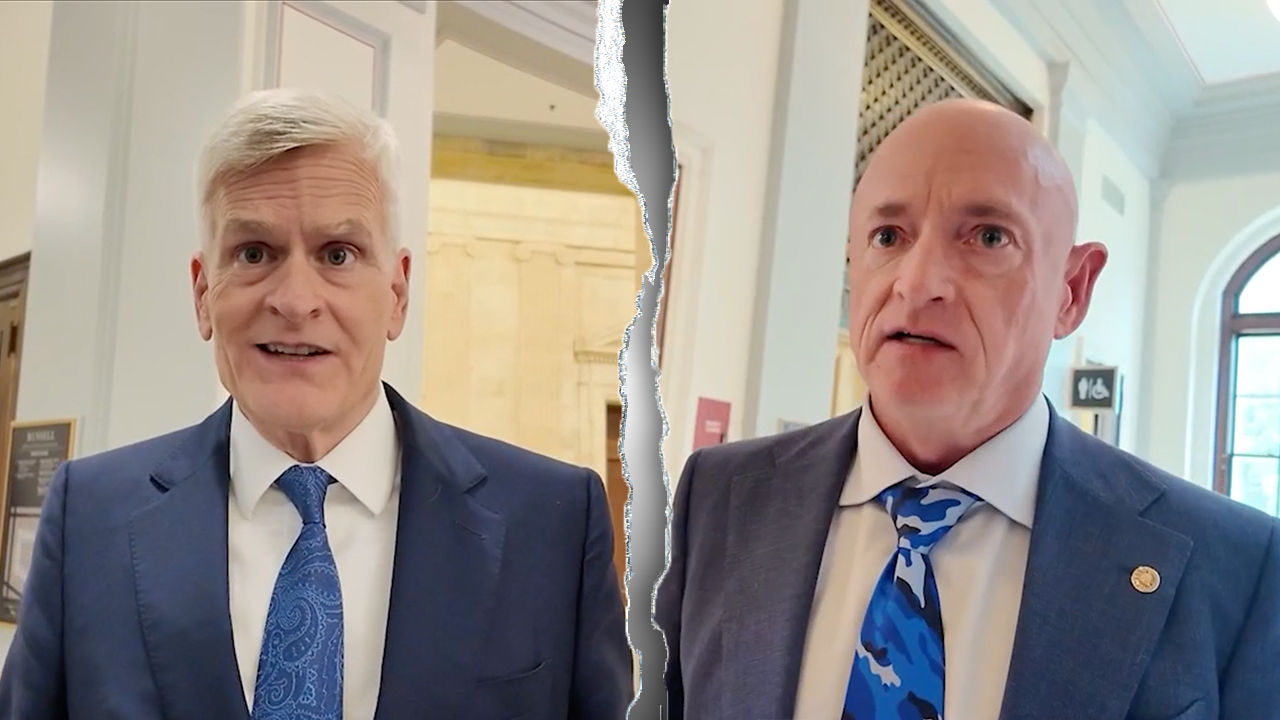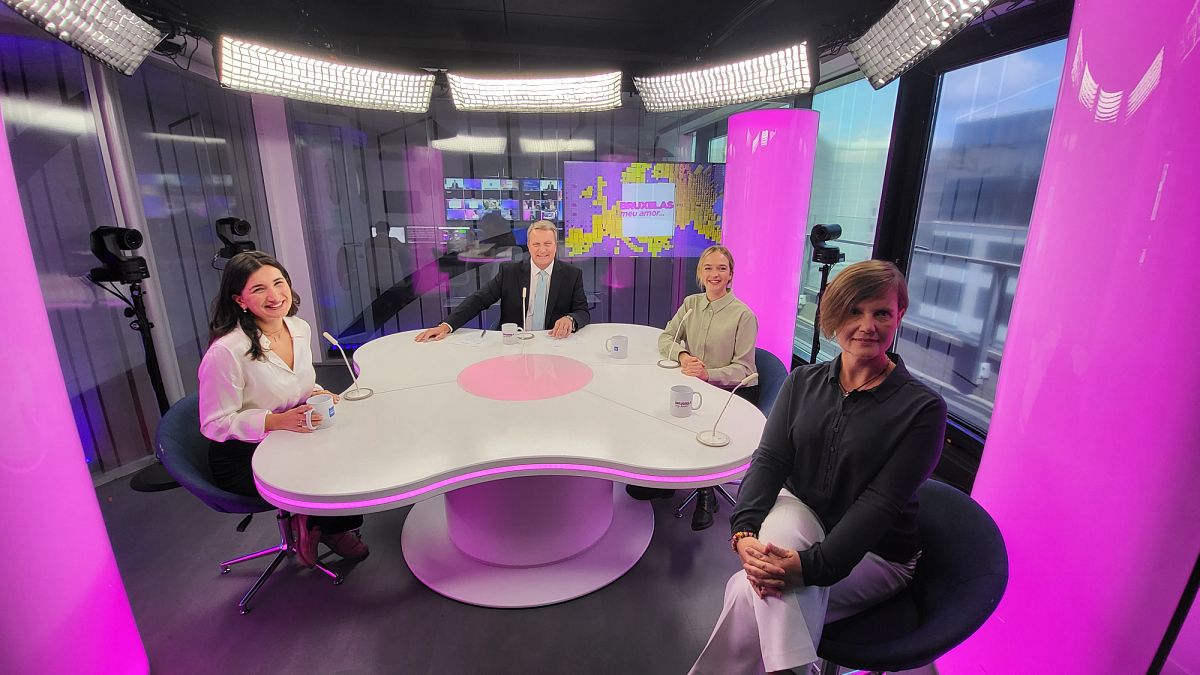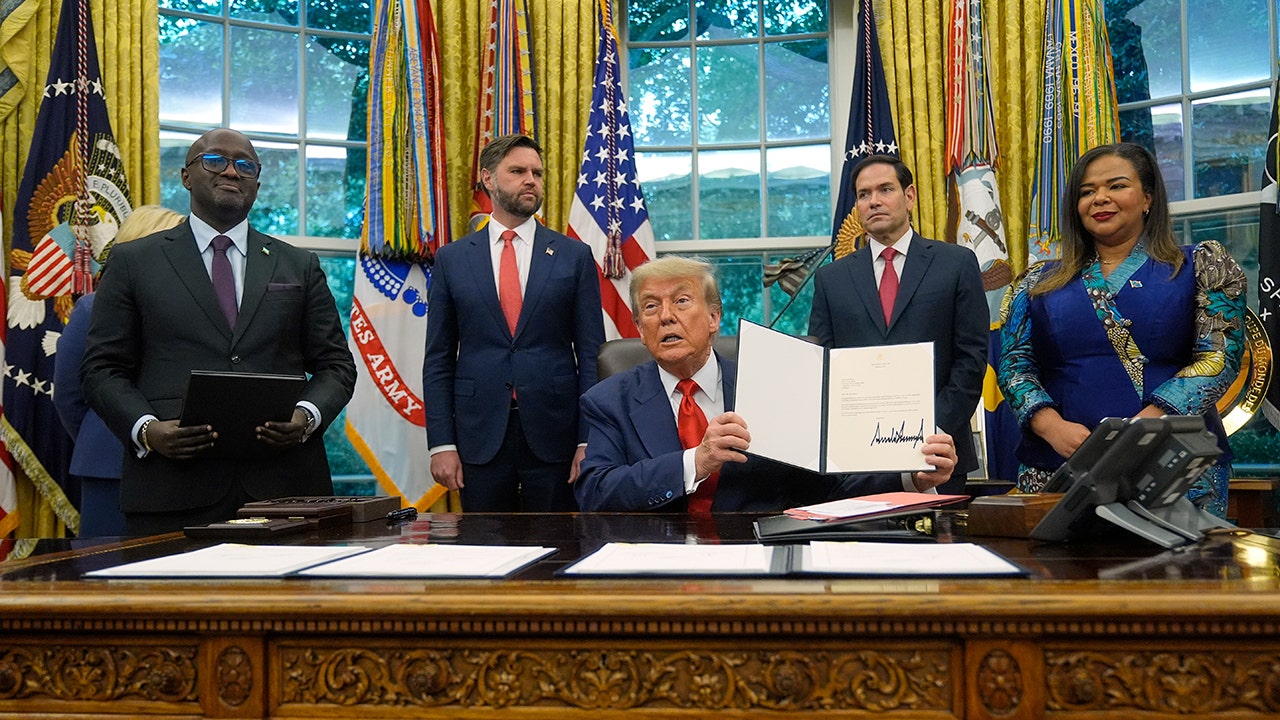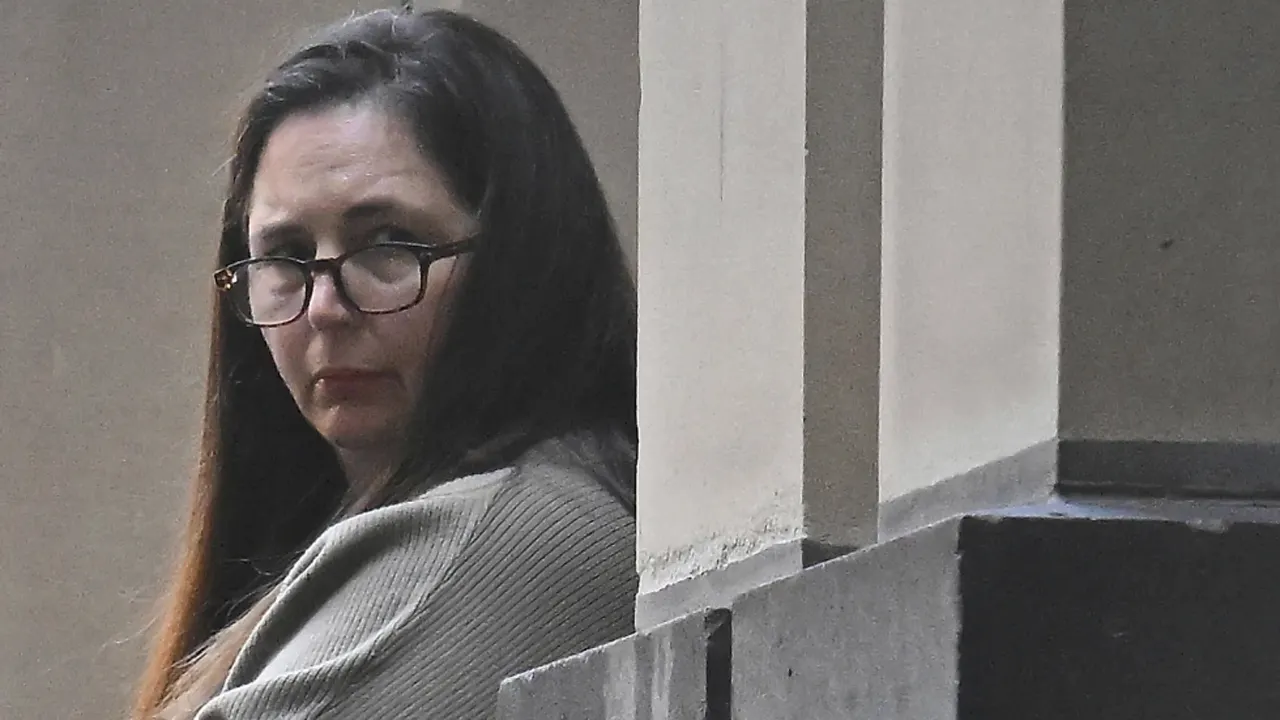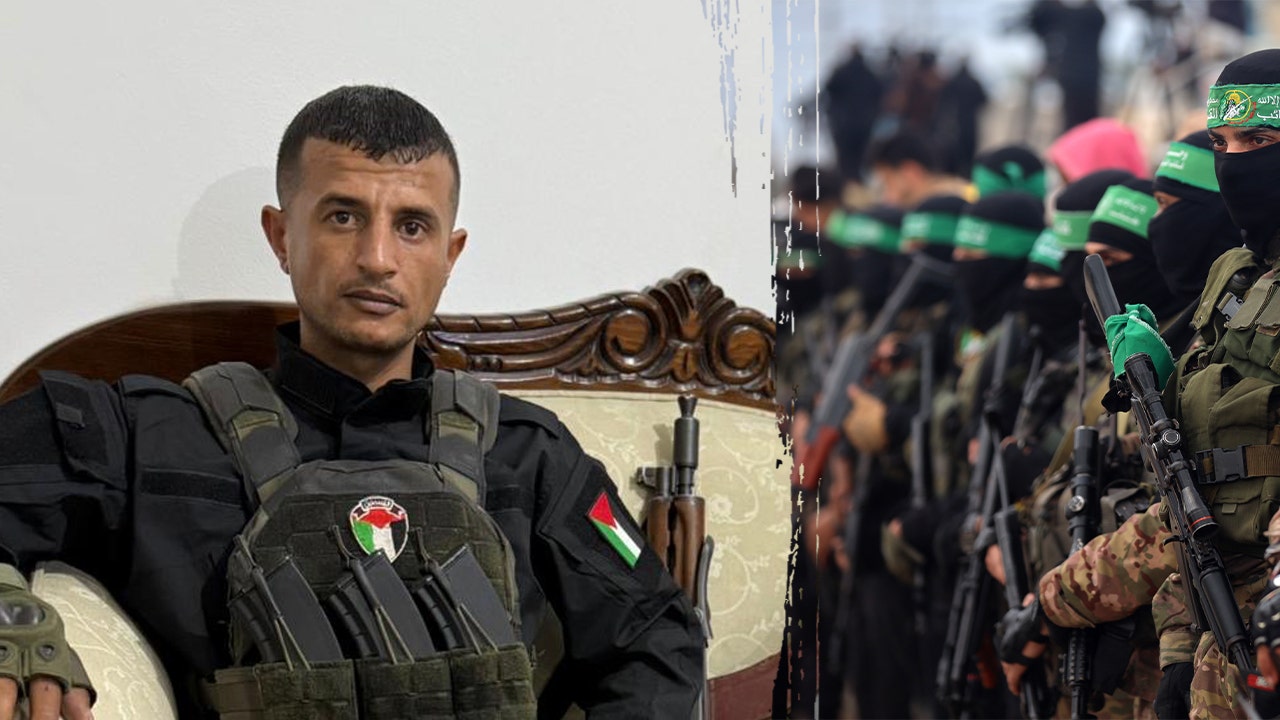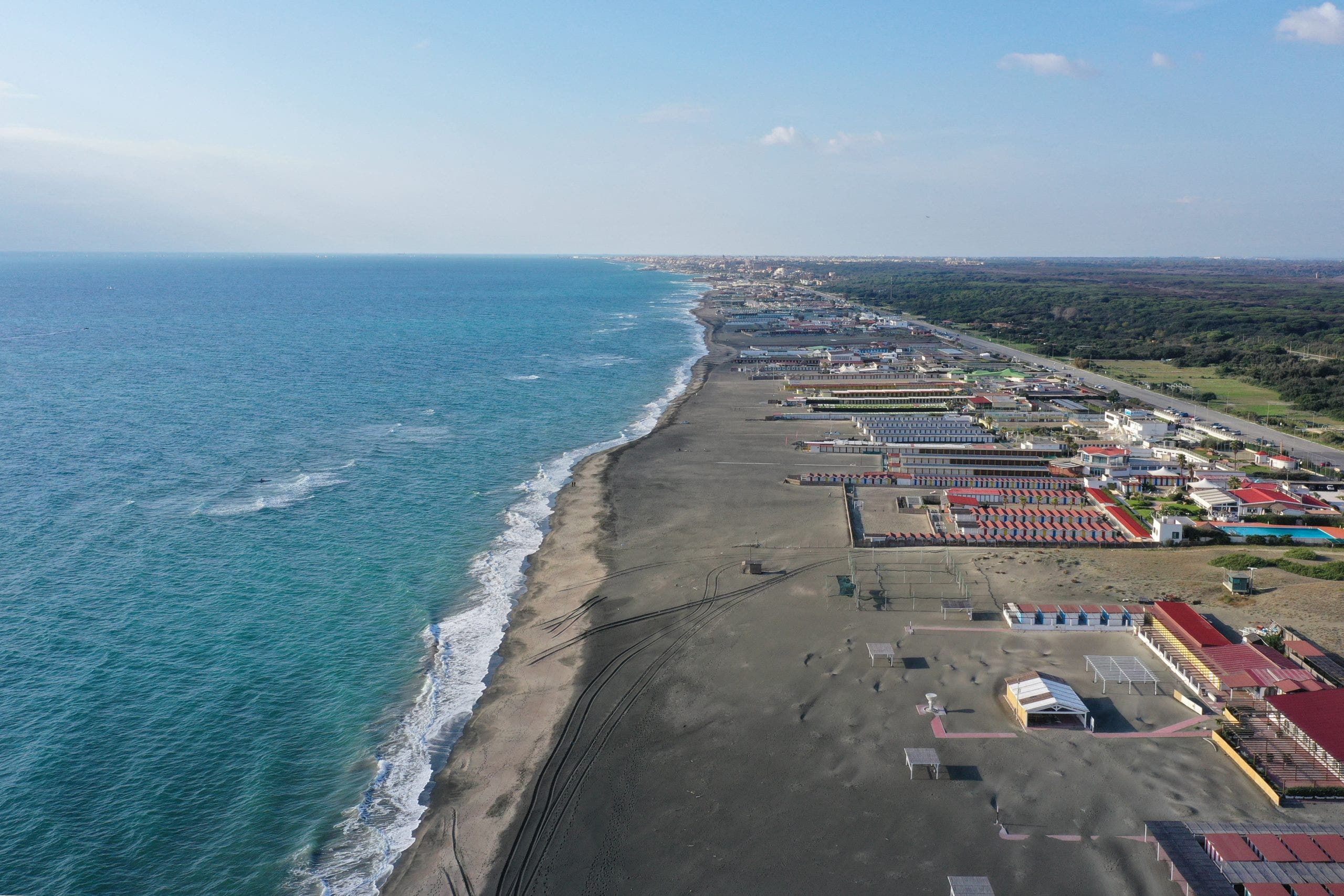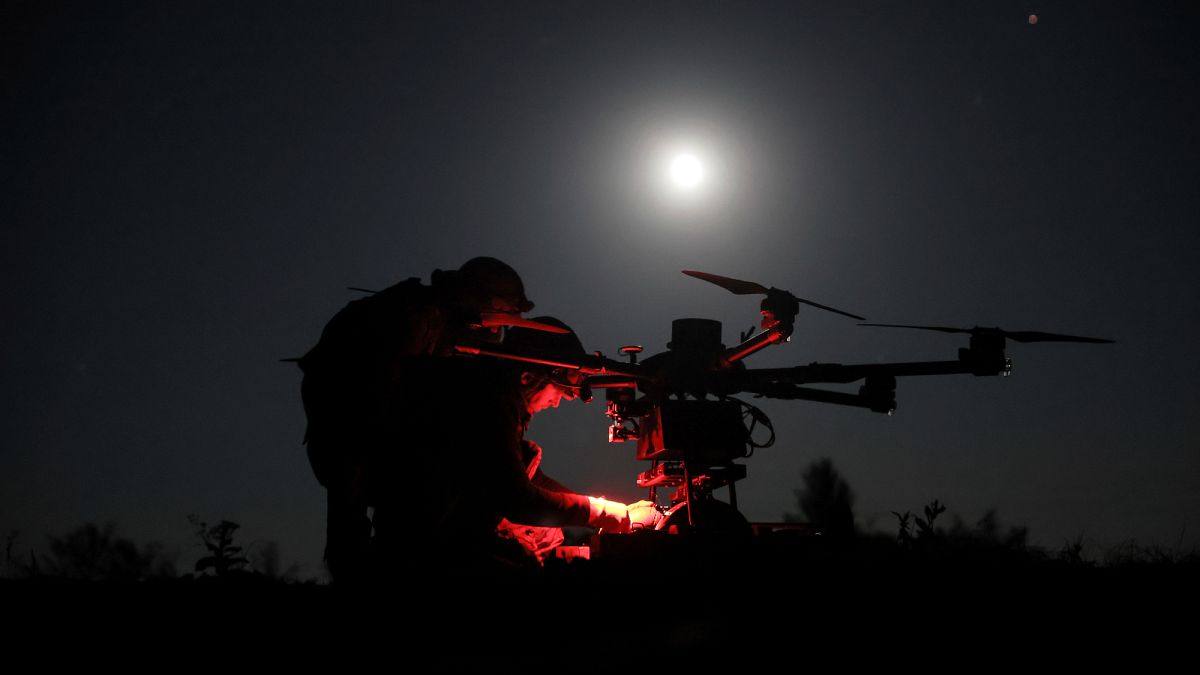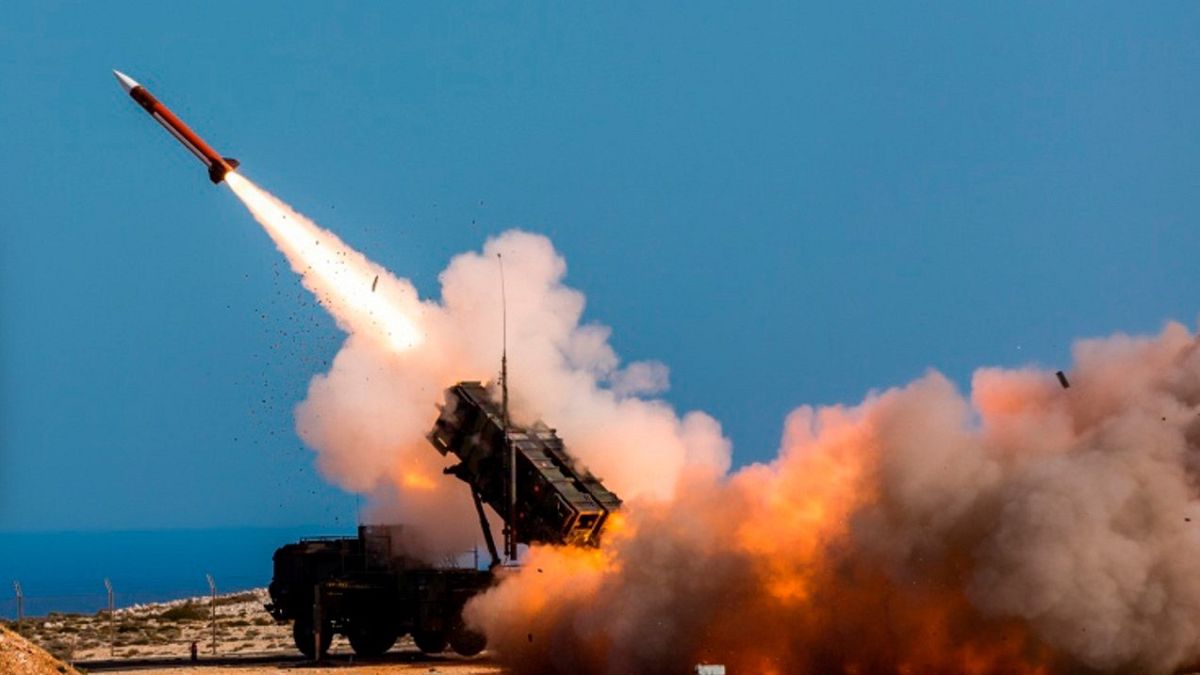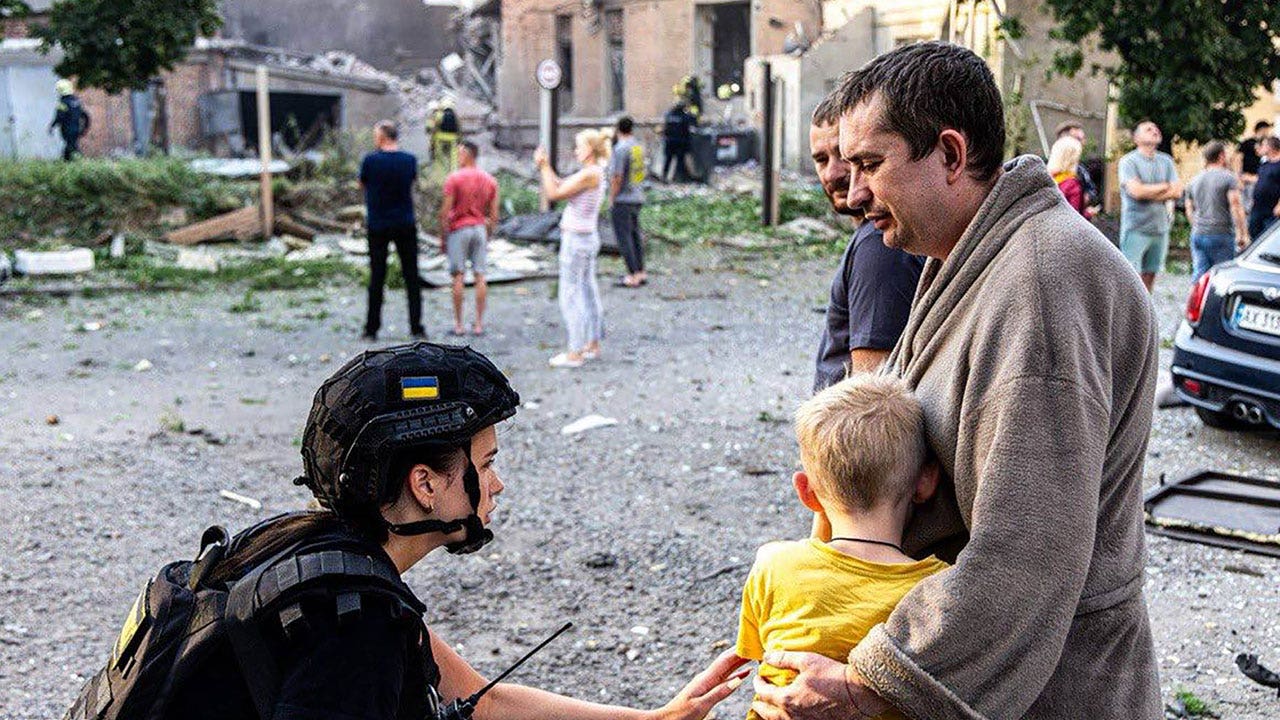Published on
The war in Ukraine is continuing unabated. Just hours after a phone call between Donald Trump and Vladimir Putin last week, Russia fired a record number of drones and missiles at Ukraine.
According to the Ukrainian government, in June alone, Russia sent over 330 missiles, 5,000 combat drones and 5,000 gliding bombs against mostly civilian targets.
Trump seems to be increasingly fed up with Moscow, announcing more arms deliveries to Kyiv only days after pausing weapons shipments. “Ukraine has to defend itself” is Trump’s latest mantra.
The surprise move came after a phone call Trump had with Volodymyr Zelenskyy which the Ukrainian president described as a “fruitful conversation”. For now, the arming of Ukraine seems to be safe. Will this impress Putin?
Can Europe step up and replace US weapons in case Trump changes his mind again?
So, serious questions for this week’s panel: Tinatin Akhvlediani, research fellow in the EU Foreign Policy Unit at the Centre for European Policy Studies, Ania Skrzypek, research director at the Foundation for European Progressive Studies and Michelle Haas, researcher at the Ghent Institute for International and European Studies and an associate fellow at the Egmont Institute.
Second topic: At their first bilateral summit, EU candidate Moldova pushed Brussels for accelerated accession. Because of repeated hybrid attacks from Russia, Moldova wants to join the 27 as soon as possible and is now eager to align with EU standards as grounds for decoupling its enlargement track from Ukraine’s.
For now, Brussels appears unwilling to do that. But if Moldova can continue to demonstrate tangible reform, economic resilience, can the case for accelerated accession be ignored? Is the EU sending the right signal to countries threatened by Russia?
And finally, the panel discussed the role of women in the military.
All across Europe, conscription debates are heating up — and this time, women are part of the equation. Faced with rising security threats and stretched military resources, several countries are reconsidering long-held traditions.
The idea of drafting women is gaining traction. On the first day of its EU presidency, Denmark just did it as the last Scandinavian country.
But expanding conscription also raises big questions about defence budgets — can Europe afford a larger, more inclusive force, or will it strain already tight military spending? Should financial considerations even play a role here?
Is a mandatory female contribution to the military the ultimate achievement of gender equality? What about the argument, joining the military should be a personal choice?
Read the full article here



